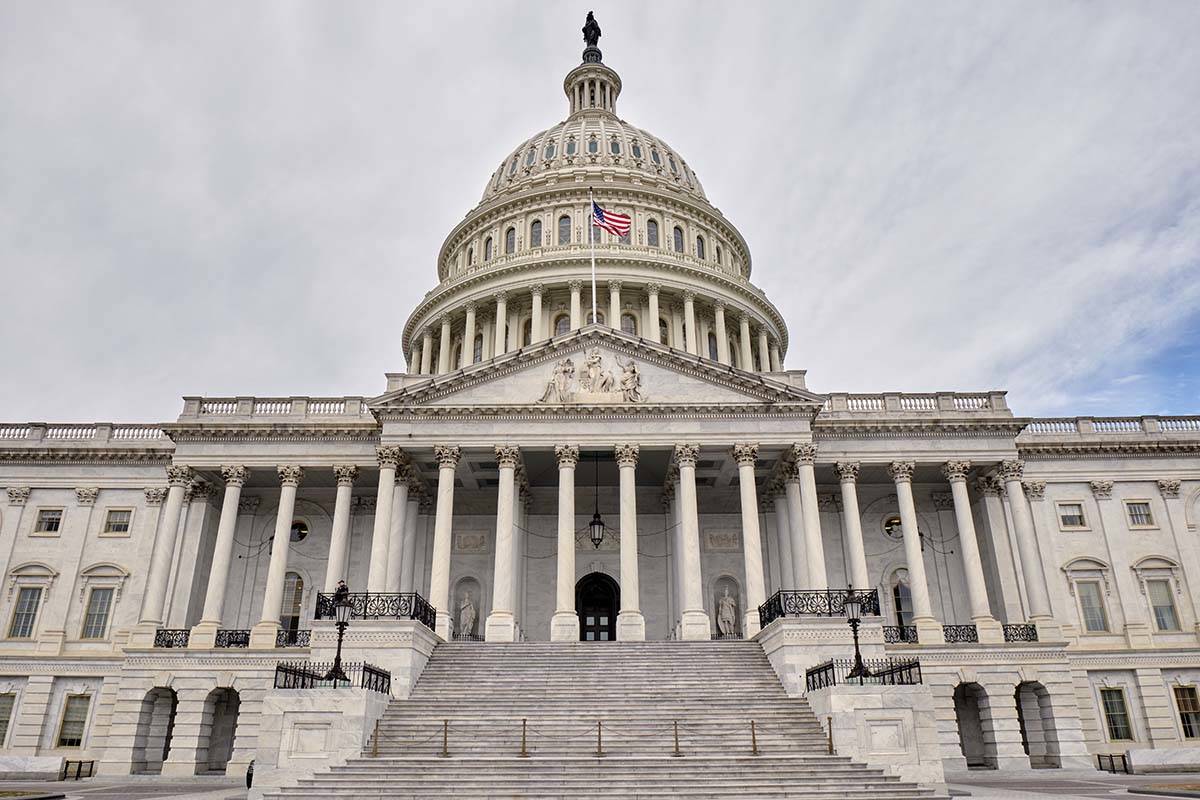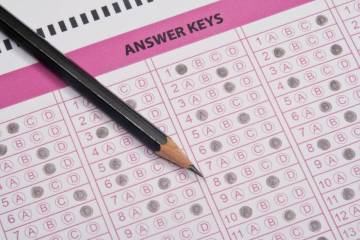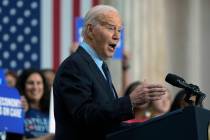EDITORIAL: Fraud abounds in Washington’s COVID relief efforts
There must be a special place across the river Styx for criminals who would use a once-in-a-lifetime pandemic to loot the public fisc. But given how Congress is throwing money around under the guise of coronavirus relief, the resultant fraud isn’t surprising. As Willie Sutton famously put it, that’s where the money is.
The Review-Journal reported last week that the U.S. Small Business Association referred more criminal cases to federal prosecutors in 2020 than in any of the previous 20 years. That’s hardly a coincidence: The SBA was charged with disbursing $659 million available under the Paycheck Protection Program created to help small businesses weather the COVID crisis. The allure of big payouts going to small businesses was too much for the morally challenged to resist.
In Nevada, prosecutors revealed last week that they had filed a criminal action against a man who secured a $2 million PPP loan, alleging he used the money on luxury cars and condos. Another case involves a Henderson man charged with buying a house with his $500,000 loan.
Then there’s the generous unemployment benefits Congress approved last year, which upped many typical jobless checks by as much as $600. Nevada and other states subsequently experienced an uptick in phony claims that was costing billions of dollars. Bloomberg Law reported in October that Colorado cut off thousands of payments because “more than three out of four claims made under the PUA program were fraudulent.” Arizona turned up around 1 million phony jobless applications. The Sacramento Bee reported in January that California had paid out more than $11 billion in fake claims.
“It’s its own cyber pandemic,” Leslie Corbo, director of cybersecurity programs and associate professor of cybersecurity at Utica College, told Bloomberg Law about the scamming. “They’re taking advantage of a bad situation right now. I think it’s going to continue until there’s some kind of controls that are put in place.”
This is not just a theoretical concern, particularly as Congress is on the verge of passing another massive “stimulus” bill, this one as large as $1.9 trillion. The fraud associated with previous relief efforts reduced the amount of taxpayer money that actually served its intended purpose, whether that was keeping bars, restaurants and other enterprises afloat or providing temporary support for those who had lost their jobs because of the pandemic.
Any new relief bill should include increased safeguards against fraud because whatever the federal government is doing now isn’t cutting it. And while those accused of ripping off the system enjoy the presumption of innocence, prosecutors shouldn’t hold back in pursuing the lowlifes who would rip off taxpayers and siphon money away struggling individuals and businesses.






















